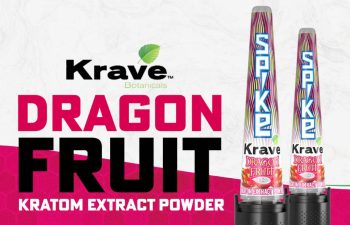President Biden’s directive asking the Secretary of Health and Human Services and the Attorney General “to initiate the administrative process to review expeditiously how marijuana is scheduled under federal law” shines a spotlight on the federal government’s ‘Flat Earth’ cannabis policies. In particular, it raises the question: ‘Why does federal law continue to classify cannabis more like heroin than alcohol?’
Under the U.S. Controlled Substances Act of 1970, the cannabis plant is classified as a Schedule I substance — the most restrictive category available under the law. By definition, substances in this category must meet three specific inclusion criteria:
- The substance must possess “a high potential for abuse;”
- It must have “no currently accepted medical use” in the United States; and,
- The substance must lack “accepted safety for use … under medical supervision.”
Substances that do not meet these criteria are typically categorized in less restrictive federal classifications (Schedules II through V). These categories are typically reserved for prescription medications. These substances are legally available from licensed pharmacies and they are regulated primarily by federal, rather than by state, agencies.
Alcohol and tobacco, two substances acknowledged to possess far greater dangers to health than cannabis, are omitted from the Controlled Substances Act. This is why state governments, rather than federal governments, possess the discretion to regulate the production and sale of these products as they see fit. These responsibilities include making decisions regarding where and when these products may be sold, and to whom.
While it remains unknown how the requisite agencies will respond to the President’s directive, it must be emphasized that any decision to reclassify cannabis from Schedule I to a lower category in the Controlled Substances Act would fall woefully short of the federal reforms necessary to appropriately reflect America’s emerging understanding of the marijuana plant and how best to regulate its production and consumption.
Specifically, reclassifying cannabis from Schedule I to II (or even to Schedule III) continues to misrepresent the plant’s safety relative to other controlled substances such as cocaine and methamphetamine (Schedule II), anabolic steroids (Schedule III), or alcohol (unscheduled), and it fails to provide states with the ability to regulate it free from undue federal interference.
Simply put, federally rescheduling cannabis does nothing to address the growing chasm between state and federal cannabis laws. Under rescheduling, state laws authorizing citizens to possess cannabis for either medical or social purposes would still be in violation with federal law, as would be the thousands of state-licensed operators who currently serve this market.
It is for these reasons that the only productive outcome would be for the Administration or for Congress to move expeditiously to deschedule cannabis – thereby removing it from the Controlled Substances Act altogether and providing states the power to establish their own marijuana policies free from federal intrusion. This decision would align federal marijuana policies with those of alcohol and tobacco, and it would respect America’s longstanding federalist principles allowing states to serve as “laboratories of Democracy.”




















